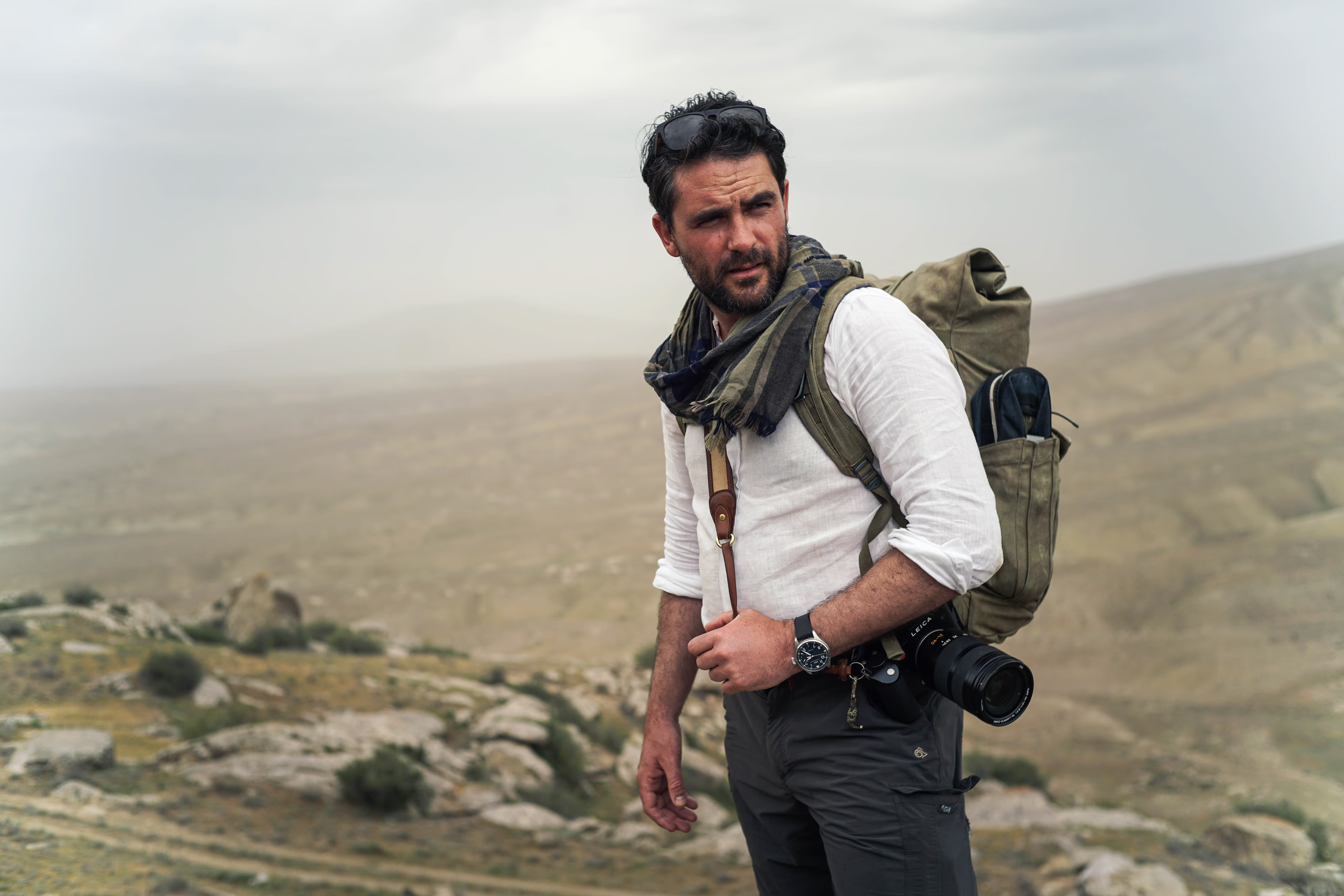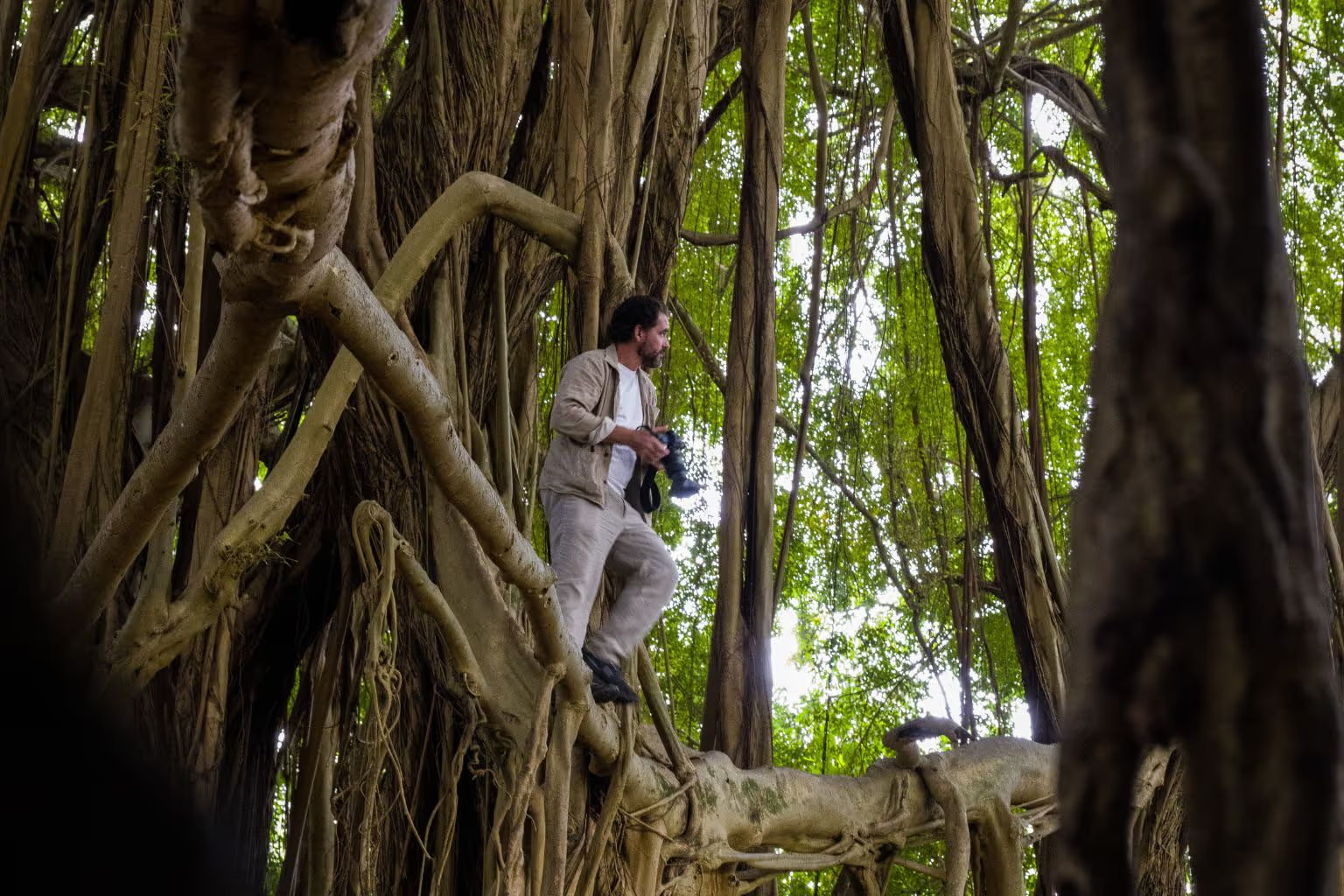
Important Legal Information & Terms of Use
By using the Cape Capital website (“Website”), you declare that:
- You are a qualified investor according to Art. 10 para.3 of the Swiss Collective Investment Scheme Act (CISA) and/or a professional or institutional investor according to Art. 4 of the Financial Services Act (FinSA).
- You are domiciled in Switzerland
- You have understood and agree to the following Important Legal Information and Terms of Use (together “Conditions”)
By clicking “Accept all” you acknowledge and accept the following Important Legal Information and Terms of Use:
About this Website
Cape Capital is an independent wealth manager headquartered in Zurich, Switzerland.
The content of this Website (including microsites) has been prepared by Cape Capital AG, with its registered address at Utoquai 55, 8008 Zurich, Switzerland (“Cape Capital”), duly registered at the commercial register of the Canton of Zurich with number CHE-109.617.147. and contains the views and opinions of the particular individuals and is for general information and marketing purposes only. All copyrights and other rights, included but not limited to logos and registered trademarks relating to the entire content of the Website are reserved exclusively to Cape Capital or the specifically designated right holders. Any use, in particular the reproduction or publication in full or in part is permitted only with the prior written consent of Cape Capital. Cape Capital may from time to time suspend the operation of this Website for repair, maintenance or improvement work, or in order to update or upgrade its content or functionality. Cape Capital may also change the format, content and/or access of this Website at any time at its sole discretion without notice. Although Cape Capital believes that information provided on this Website is based on reliable sources, content on this Website is presented only as of the date published or indicated, and may be superseded by subsequent market events or for other reasons. Therefore Cape Capital cannot assume responsibility for the quality, correctness, timeliness or completeness of the information contained herein. Unless otherwise stated, the numbers/figures on the Website are unaudited.
Regulatory Status & Ombudsman
Cape Capital is a regulated asset manager of collective assets according to the Federal Act on Financial Institutions of 15 June 2018 (FinIA) and supervised by the Swiss Financial Market Supervisory Authority FINMA, Laupenstrasse 27, CH-3003 Bern, Switzerland (FINMA). The Website contains information about various collective investments (“Funds”) which may have been registered or otherwise notified for distribution and marketing in the jurisdiction you have selected. Please note, that such registration or notification does not mean that the Funds are suitable for all investors and their investment objectives, financial situation and risk profile. As an asset manager of collective assets, Cape Capital is, among others, subject to the rules under the Swiss Financial Services Act (FinSA), the Swiss Collective Investment Schemes Act (CISA) and the Swiss Financial Institutions Act (FinIA).Cape Capital is affiliated to the following Ombudsman according to FinSA: Finanzombudsstelle Schweiz (FINOS), Talstrasse 20, CH-8001 Zurich, Switzerland. For further information, please refer to the General Client Information Document available on the Website which forms an integral part of these Conditions. Cape Capital is an independent wealth manager headquartered in Zurich, Switzerland.
No Solicitation, Offer, Recommendation or Advice
Nothing contained on this Website constitutes a solicitation, an offer or a recommendation to buy or sell any Cape Capital Funds or other financial instruments, nor does it constitute any form of personal investment advice which takes into account your personal circumstances. Cape Capital does not provide investment, legal, tax or other advice through this Website and nothing herein should be construed as such advice. Cape Capital does not represent that any Cape Capital collective assets or financial instruments mentioned on this Cape Capital website are suitable for any investor. Investment or other decisions should be made solely on the basis of the relevant product and/or service documents (prospectus/offering memorandum, fund contract/articles, key information documents, financial reports) of the respective collective investment. If not a Cape Capital client, it is strongly recommended to contact a professional financial advisor, tax consultant or other qualified expert in order to determine whether an investment in a Fund or other financial instrument corresponds to the specific requirements and preferred level of risk of the investor.
US Persons
Any collective investment schemes mentioned on this Website may, unless explicitly stated otherwise, not be offered, sold or delivered to United States (U.S.) citizens or persons resident or incorporated in the U.S. and/or other natural or legal persons whose income and/or returns, regardless of origin, are subject to U.S. income tax, as well as persons who are considered to be U.S. persons pursuant to Regulation S of the U.S. Securities Act of 1933 and/or the U.S. Commodity Exchange Act, in each case as amended from time to time.
Risk Considerations
The provision of financial services and investments in Funds and other financial instruments involve opportunities but also bear risks, including the risk that the value of investments and the income therefrom may fall or rise and investors may not get back the full amount invested or may even lose all of their investment. Investors should ensure to have fully understood such risks before taking any investment decisions. Cape Capital strongly advises to consult the brochure “Risks Involved in Trading Financial Instruments” of the Swiss Bankers Association (SBA) as well as the relevant documents of the respective Fund or financial instrument and to seek professional investment advice before taking any decision to invest. Investors should note, that these Conditions do not represent a complete statement of risks associated to a Fund or a financial instrument. Past performance is no indication of current or future performance. Performance data do not include commissions and costs incurred by investors when subscribing or redeeming Fund shares.Investments, in particular collective investments in private equity, venture capital and other illiquid assets involve an above-average degree of risk, including the risk that losses may even exceed the original investment and should be seen as long-term in nature.
No Warranties
The use of this Website, including any information accessed, downloaded or otherwise obtained through the Website is at your own risk. This Website, together with all content, information and materials contained therein, is provided “as is” and “as available”, without any representations or warranties of any kind, whether express or implied, with respect to the Website, and all information and functionalities contained therein.
Limitations of Liability
IN NO EVENT SHALL CAPE CAPITAL BE LIABLE FOR ANY DIRECT, INDIRECT, INCIDENTAL, SPECIAL, PUNITIVE, CONSEQUENTIAL OR OTHER DAMAGES (INCLUDING WITHOUT LIMITATION DAMAGES FOR LOSS OF DATA, BUSINESS OR PROFITS) ARISING OUT OF OR IN CONNECTION WITH THESE CONDITIONS, THIS WEBSITE, THE INABILITY TO USE THIS WEBSITE OR ANY INFORMATION OBTAINED OR STORED THERFROM. Cape Capital excludes any liability for any loss, damage or alteration of any kind including but not limited to transmission to losses, delays, misunderstandings, unauthorized interception by third parties, duplication or fraud, except in the event of gross negligence on the part of Cape Capital. Any transmission or download of information is entirely at your own risk.
Use of Links
The hyperlinks on the Website are only provided for information and convenience purposes. Cape Capital is not responsible for the content of external websites that link or are accessible from this Website. Cape Capital does not assume any responsibility or liability with respect to any website accessed via this Website. Please note that when you click on any external website’s hypertext link you will leave this Website. You should review the privacy statements of such websites carefully before you provide any personal or confidential information.
Electronic Communication Channels
The use of electronic communication channels, in particular unencrypted e-mails and text messages, is associated with various risks which may include, but are not limited to, the risk of transmission errors, alterations or duplications, the risk of interception or manipulation of content and the risk of introducing malicious software (malware) by unauthorized third parties. By using such electronic communication channels, you accept these risks and agree to bear any resulting losses or damages.
Data Protection and Privacy Settings
Cape Capital has established a Cape Capital Privacy Notice, which forms an integral part of these Conditions. It explains how personal data is collected and processed at Cape Capital, including this Website. Cape Capital uses cookies to personalize and improve site experience. You can at any time change or withdraw your consent from the Cookie Declaration on the Website. Your consent applies to the following domains: capecapital.com. Your current state: Consent accepted or Consent rejected. Manage your consent.
Applicable Law and Jurisdiction
The access and use of this Website, and these present Conditions are governed by substantive Swiss law with the exclusion of the conflict of law principles. The place of jurisdiction is Zurich, Switzerland.
Last Update: October 2024





Levison Wood
EXPLORER, ENVIROMENTALIST, ACCLAIMED WRITER